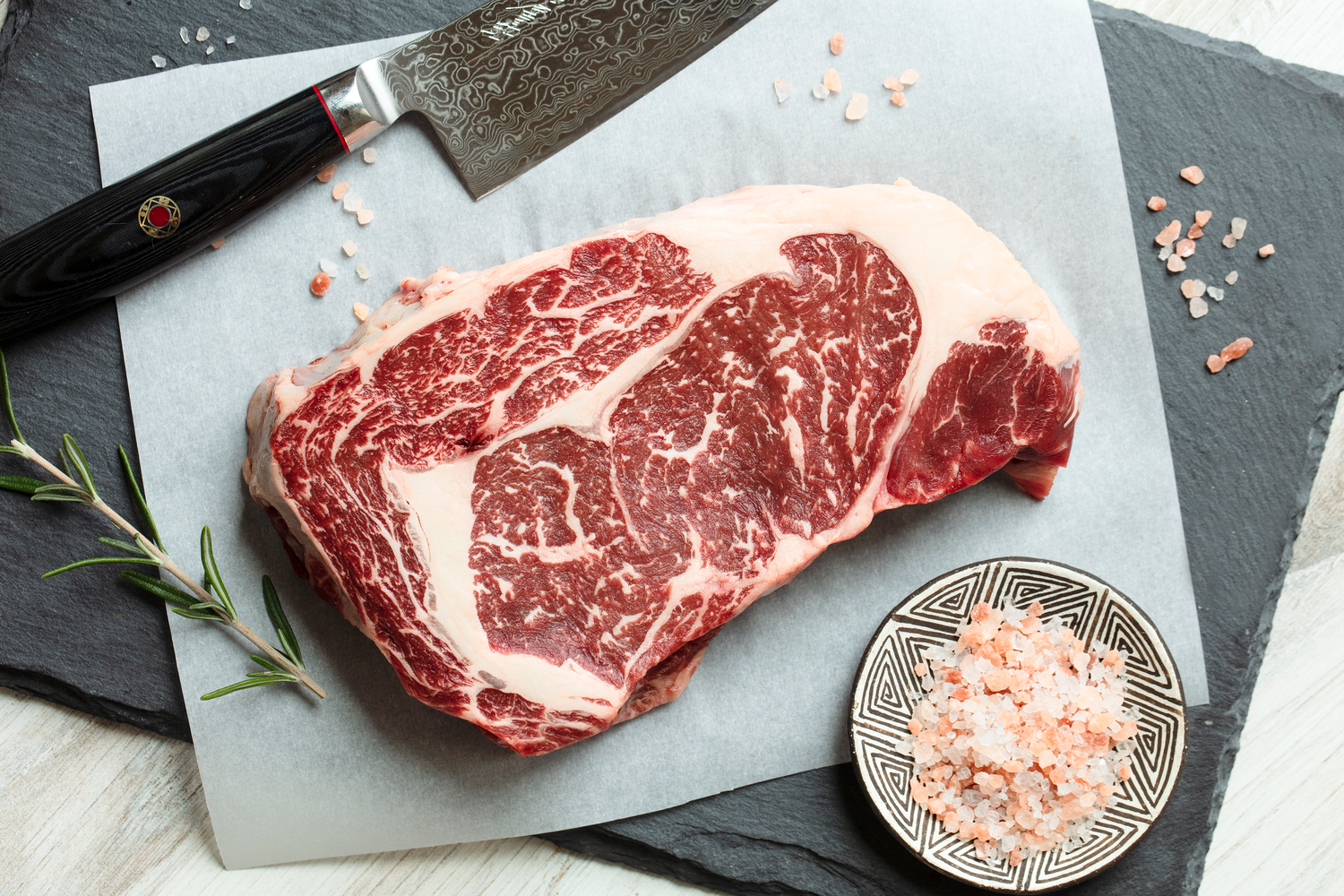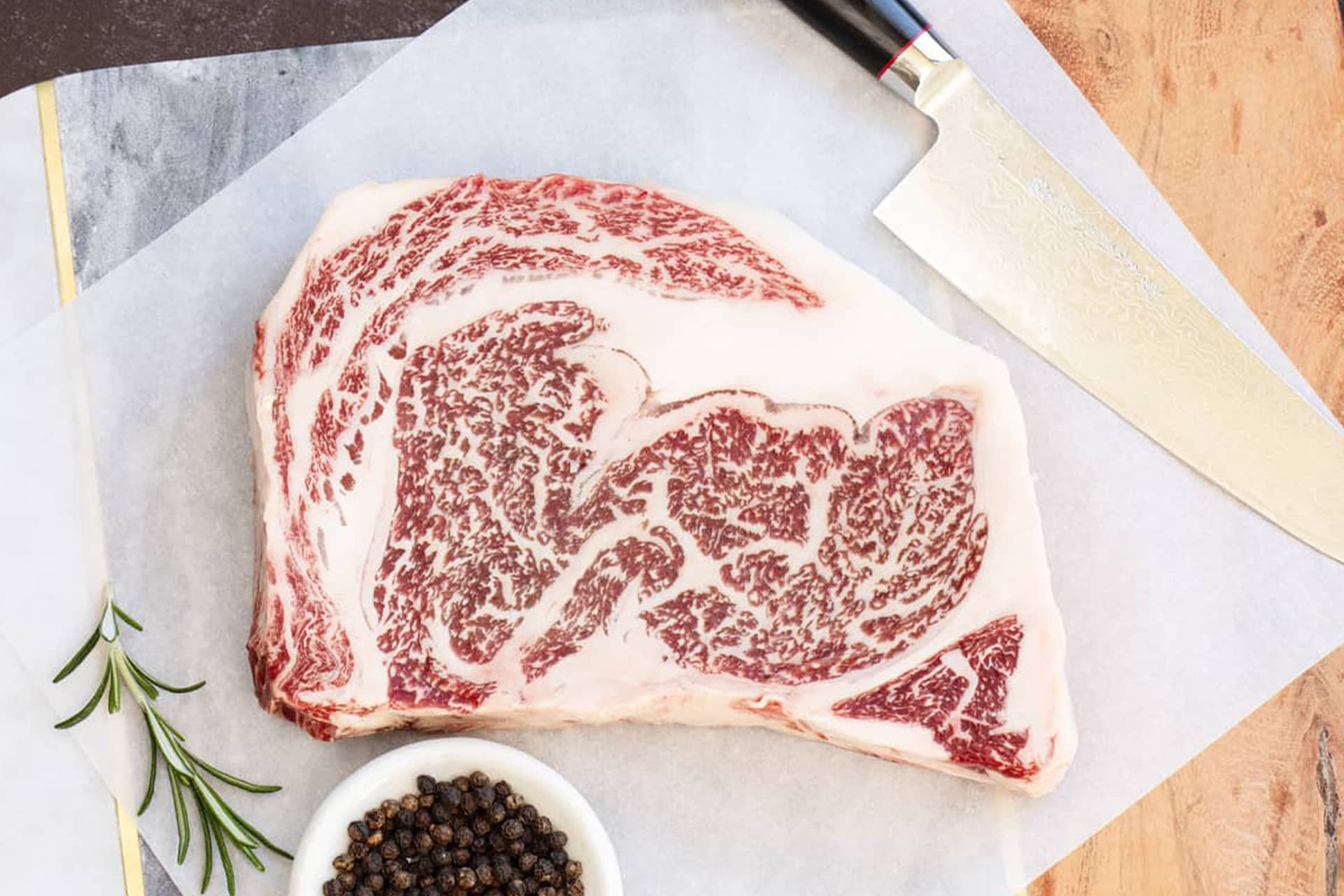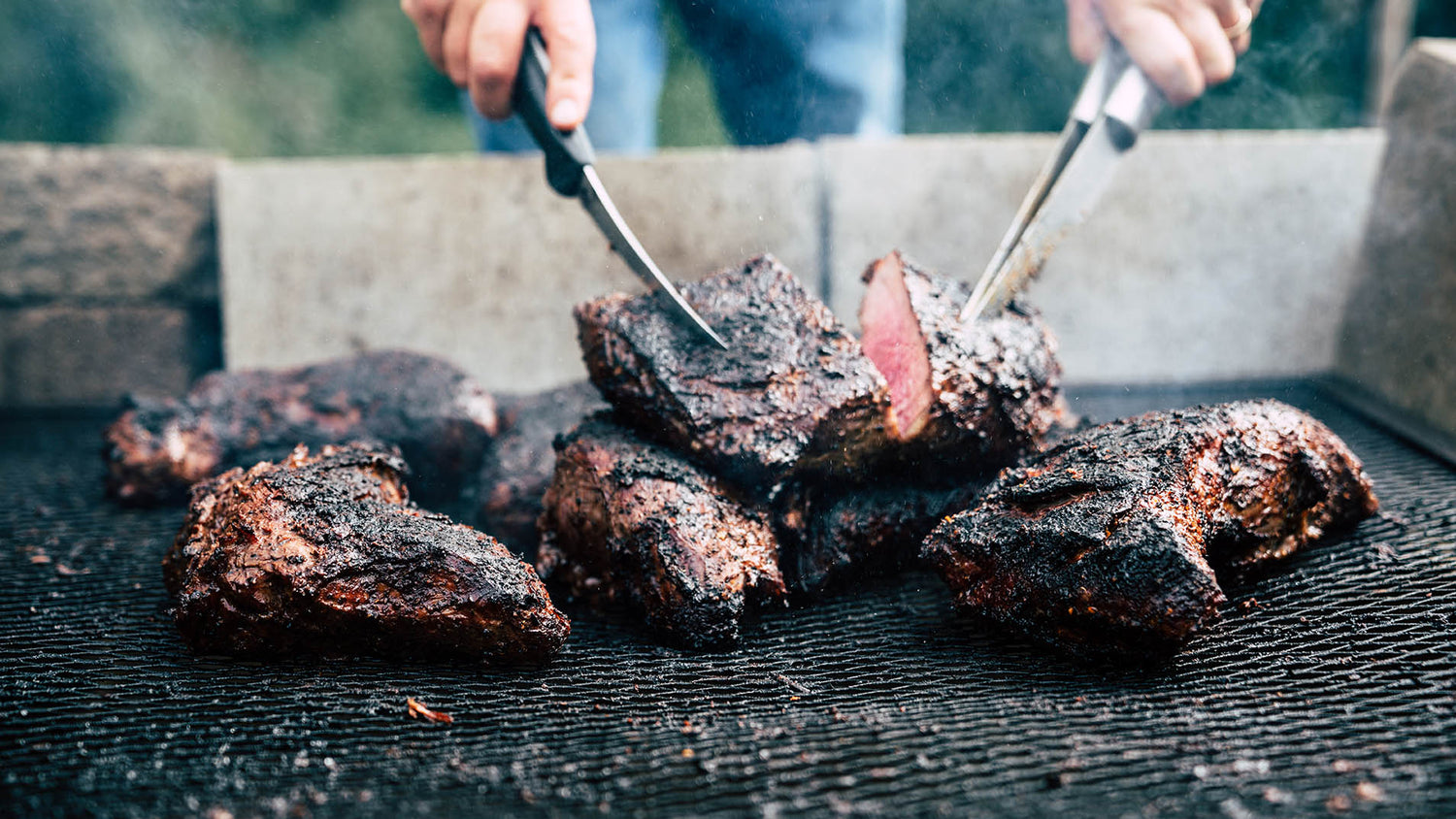Cross Creek’s Superior Approach to Farming – Improving Climate Change, Nutrition, and Caring for Tomorrow’s Land
Cross Creek Ranch strives to give our animals an idyllic lifestyle. Presently, the Ranch has 800 acres dedicated to farming and will soon expand to 1,000 acres of cultivated crops for our cattle. To maintain the highest level of quality, the ranchers have incorporated progressive farming practices that promote nutrient-dense foods for our cows, which results in the highest quality of beef available. Cross Creek Ranch has created what is reminiscent of a small ecosystem, where sustainable methods are used including carbon sequestration and regenerative farming practices. Sustainable farming ensures more carbon remains in the soil and fosters more nutrient availability to the roots of the plants.
Sustainable farming practices at Cross Creek also include not tilling the soil or "no till farming". This helps to promote microbial growth and helps regenerate topsoil. During topsoil regeneration, more carbon is held within the soil which helps retain water and nutrients. In the U.S., most crops are cultivated through tilling and fertilizing which kills the carbon rich microbes in the soil. Tilling and fertilizing results in crops with lower nutritional value. Gabe Brown, an enthusiast and expert in soil regeneration, explains that food in the United States has decreased 15%-65% in the last fifty years. The lack of nutrients in produce is caused by popular farming practices that include over tilling, using pesticides, and chemical fertilizers that deplete the soil of water and carbon —leaving the food we eat lacking in the nutrients we need.
Cross Creek Ranch practices organic farming, which means that the alfalfa grasses used to feed the Wagyu are not treated with chemical pesticides, herbicides, or fertilizers. As the Wagyu cattle graze, a symbiotic relationship takes place that maintains the health of the animal and the soil. The alfalfa grown at Cross Creek Ranch provides a sustainable diet for the cattle. Alfalfa is a resilient plant that lasts seven years, yields a significant amount of nutritional value, and can be cultivated without deadening the soil.
By consuming the alfalfa grass grown at Cross Creek Ranch, the cattle produce less methane gas; cows produce increased methane gas when their diet consists mainly of corn and soy. Cross Creek Ranch Wagyu are grass fed for the betterment of the cows, the environment where they reside, and ultimately for the betterment of the consumer.
One of the objectives of sustainable farming is carbon neutrality. Decreasing carbon emissions positively contributes to the fight against climate change for the land of tomorrow. The process of carbon neutrality practices in farming is also referred to as regenerative agriculture because the process makes soil more resistant to climate factors like flooding and drought.
The Cross Creek Ranch farming philosophy is, "What is best for the cows is what is best for the Ranch". The time and care that is facilitated in eco-conscious farming practices results in the delicious one-of-a-kind Wagyu taste that comes with every bite at your dinner table.
Cross Creek Ranch uses the most ethical and sustainable practices to reflect their passion for beef and overall, their passion for ranching nature.
For these reasons we're partnering with The Carbon Neutral Foundation to help promote sustainable farming and ranching.




